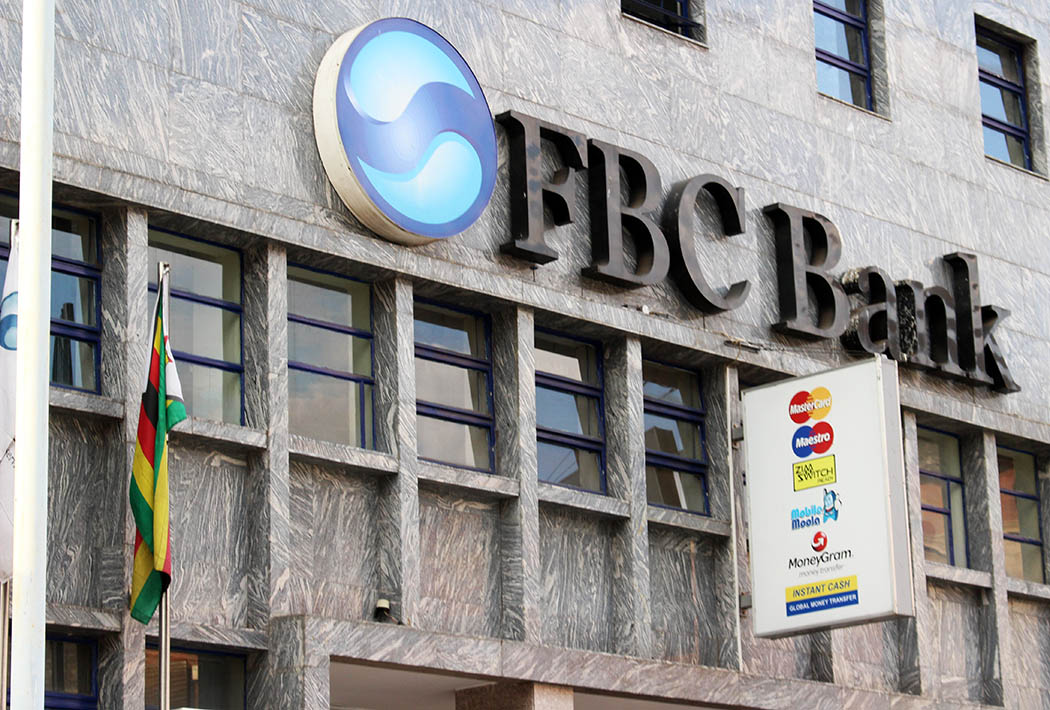FBC hails lower tax for farmers
FBC Securities has applauded the Government’s decision to review the tax exempt threshold on the withholding tax for agricultural commodities extended to smallholder farmers, announced by the Treasury last week
Finance, Economic Econet Development and Investment Promotion Professor Mthuli Ncube proposed to reduce the withholding tax for smallholder farmers to US$5 000 per year when he presented the 2024 National Budget Statement on Thursday in Harare last week.
“Mr Speaker Sir, in order to support smallholder and subsistence farmers in the delivery of grain to the Grain Marketing Board and other commercial buyers, I propose to review the tax exempt threshold on withholding tax on agricultural commodities that include soya beans, sunflower, groundnuts, cotton seed from US$1 000 per annum to US$5 000 or local currency equivalent,” the minister said.
FBC Securities said that the move was pro farmers and it would increase farmers’ profits and cash at hand.
“This is a plus for farmers as it increases profitability and earnings yield. More so this measure acts as a stimulus to increased agricultural production and investment in the sector. With a higher tax exempt threshold, farmers may experience improved cash flows. This ultimately provides farmers with more working capital to invest in their operations or address immediate financial needs,” the securities firm said.
From an economic perspective, the Government’s decision to raise the withholding tax threshold for agricultural deliveries will offer relief to smallholder farmers by reducing immediate financial burdens and potentially improving their cash flow.
“With a higher threshold, farmers can retain more of their earnings, leading to improved cash flow. This allows them to meet immediate financial needs, invest in farm inputs, and address operational challenges more effectively.
“The reduced withholding tax burden contributes to higher net profits for farmers. This additional income can be reinvested in the farm, supporting activities such as purchasing better seeds, fertilizers, or upgrading equipment, ultimately enhancing productivity and profitability,” FBC Securities added.
Agriculture economist Tapfuma Mashonganyika, said the increased withholding tax threshold from US$1000 to US$5000 for agricultural deliveries in Zimbabwe is a positive step for smallholder farmers.
“This adjustment can alleviate financial burdens, allowing farmers to retain more of their earnings. It promotes economic sustainability by enabling farmers to invest in better agricultural practices, technology, and resources, ultimately enhancing productivity.
“Additionally, the higher threshold may encourage more farmers to participate in formal markets, contributing to the overall growth and stability of the agricultural sector,” he said.
The raised threshold is also expected to encourage more farmers to participate in formal markets, as they can now engage in larger transactions without facing excessive withholding taxes and the formal market participation can open up opportunities for better prices and market access.
“With increased disposable income, farmers will have the means to invest in modern agricultural technologies and innovations. This can lead to increased efficiency, reduced production costs, and higher yields.
“Also, the raised threshold supports entrepreneurial spirit among farmers, fostering a more dynamic and resilient agricultural sector as farmers may explore diversified enterprises or value added activities with the additional income,” added Mr Mashonganyika.
The higher withholding tax exemption threshold not only boosts farmers’ cash flows and profits but also creates an environment conducive to sustainable agricultural practices and economic growth within the sector as is the goal of the
Government to cushion farmers and ensure food security.
herald










